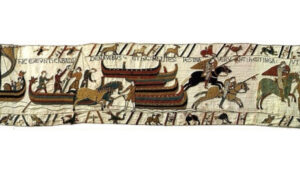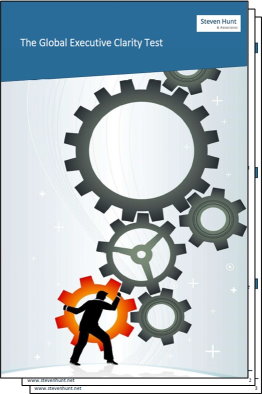The best global managers know how to use trust to everyone’s advantage.
The good news: anyone can be a global manager. Nobody has a qualification to be a CEO. Executive MBAs are close, but fall short. An MBA gives you knowledge, but not know-how. The difference is crucial. I know in theory where Ronaldo should pass the ball, but only he knows how to do it. That explains why he’s sitting on millions while I’m sitting on the sofa. In business, like in football, know-how is vital.
The bad news: anyone can be a global manager. There are plenty of charlatans, narcissists, and unhealthy egos at the top of international companies. Narcisscism is five times higher in CEOs than in the general population, according to one 2019 study.
All leaders need followers. So when you’re leading people remotely, from different countries and across time zones, why should they follow you, your ideas, your plans?
The core answer is trust. In 1985, two researchers asked hundreds of employees what quality they most admired in leaders. The #1 was an honest leader – a person they can trust. What’s interesting is the researchers repeated the survey four times: in 1995, 2002, 2007, and 2010. In those 25 years, honesty was always the #1 quality people wanted to see in a top manager.
To build that trust over distance, global managers can pull two powerful levers:
- Trust built on competence, and
- Trust built on commitment.
Airline pilots use trust in competence. As you board, you see the pilot doing the pre-flight checks (not handing out chocolates). Those checks make you believe in his competence. Your trust and his power come from his position – he’s in charge of the plane.
With your best friends you have trust in commitment. You’re there for each other, through the good times and bad. The commitment to the friendship is total. The power here is personal.
Clever global managers know how to use the right mix of positional power and personal power.
This is why top managers in the best global operations raise trust based on competence and commitment. It speeds up decisions and delivery. It avoids power games and micro-management, which waste everyone’s energy.
It also accepts what we all know: local managers are the local experts. They know how to get things done in their territory. By using Trusful Dialogs, we give people the freedom to achieve corporate targets. We have their trust, they have a challenge, and we all enjoy success.
Boost your know-how on this theme:
- The future is a culture of VH-Dialogs
- Five dimensions global companies use to boost growth
- Are you running on a 70-minute hour?
- Five less-known signs of a toxic culture
- Trust travels as far as you let it
















